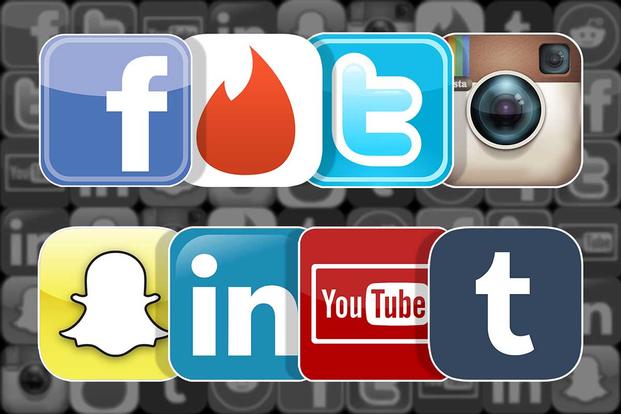On a recent call with a soldier readying to transition from combat medic to a civilian career in the hospitality industry, I asked about his online activities. I wanted to know how his LinkedIn profile was working for him, whether he was following up with connections he'd made online, and how actively he was reading and sharing information with his network about topics related to his industry and area of interest.
"Zilch," he replied. "I am not interested in having other people know my business, scrutinize my career or pitch me their services. I keep a low profile, and I like it that way."
Understanding that he was in a job search and was transitioning from 12 years in the Army to a civilian culture that may not understand his experiences, and where his skills were not completely lining up with his next career choices, I asked him to consider three things:
1. Your Ideal Employer Is Looking for You Online.
In 2019, there are more jobs available than there are job applicants. This means employers are being proactive to find and attract candidates. One of the most effective means of sourcing candidates who may or may not be actively in a job search is online. Through the use of targeted keywords, filters and networking, employers can review online profiles of individuals they might want to contact. Recruiters are contacting employed individuals to see whether they have an interest in exploring other options. Many of these turn into great new career opportunities for the individual.
Related: Search for Veteran Jobs
Not being findable online means you cut out a large portion of the recruiting process. You aren't found by those proactive recruiters, and you make it difficult for a recruiter who receives your resume to learn more about you before considering interviewing you. Where can they go to see more of your work history, your skills and certifications, and how you conduct yourself? Recruiters want to see what you focus on, what you're passionate about and how you interact with others. These insights help them decide whether you could do the job and whether you'd fit in with the company's culture.
2. You Have Control Over What You Post Online.
When you create a LinkedIn profile, you are in control over the information you add and leave out. You decide who you will connect with and invite to connect. You post updates and articles and add commentary to the posts of others. No one does this for you, or without your knowledge. To believe that you give up control over how you're perceived online is a misperception.
What happens, though, is many individuals aren't mindful or strategic about how they post and what they include in their profiles, which can lead to a confusing or misleading reputation online. In this case, they might feel they aren't in control of the impression they make.
When you are thoughtful and focused about how you'll use social networking platforms, you drive toward a goal. Whether you seek to be seen as a subject-matter expert, to be found by recruiters in your ideal companies or to form meaningful connections with professionals who can mentor and refer you, the strategy guides your activity and you are in control.
3. Networking Is Critical to Career Success.
Online networking increases your relationship currency and is sometimes more effective than in-person networking alone. When we are well-networked, we are seen as being more popular and in demand. While your goal may not be popularity, having a bigger network drives opportunity for referrals and endorsements, which are important to job seekers.
I've found that online networking can also be more time-effective than in-person networking. Consider this: You meet someone at an event and decide to meet for coffee a week later. You spend time coordinating the meeting between calendars and pick a spot. The day of the meeting, you leave your home or office, travel to the meeting spot, pay for your coffee and spend (at least) an hour getting to know your new contact. Ten minutes into the meeting, you may realize this person's value to you is misaligned with what you hoped for and you wasted your time.
Now imagine you could learn a lot about this new contact more quickly. By reviewing their online profiles, you could decide that, yes, this is someone you'd like to get to know, and it's worth investing time into meeting in person and exploring opportunities. Or you could see that they are not a potentially valuable contact and remain connected online instead.
Social networking is still networking: It's still about forming mutually beneficial and rewarding relationships where there is reciprocity and value. To remain off social networking may still be your choice, but hopefully I've illuminated some new ideas to consider.
Find the Right Veteran Job
Whether you want to polish your resume, find veteran job fairs in your area or connect with employers looking to hire veterans, Military.com can help. Sign up for a free Military.com membership to have job postings, guides and advice, and more delivered directly to your inbox.
















